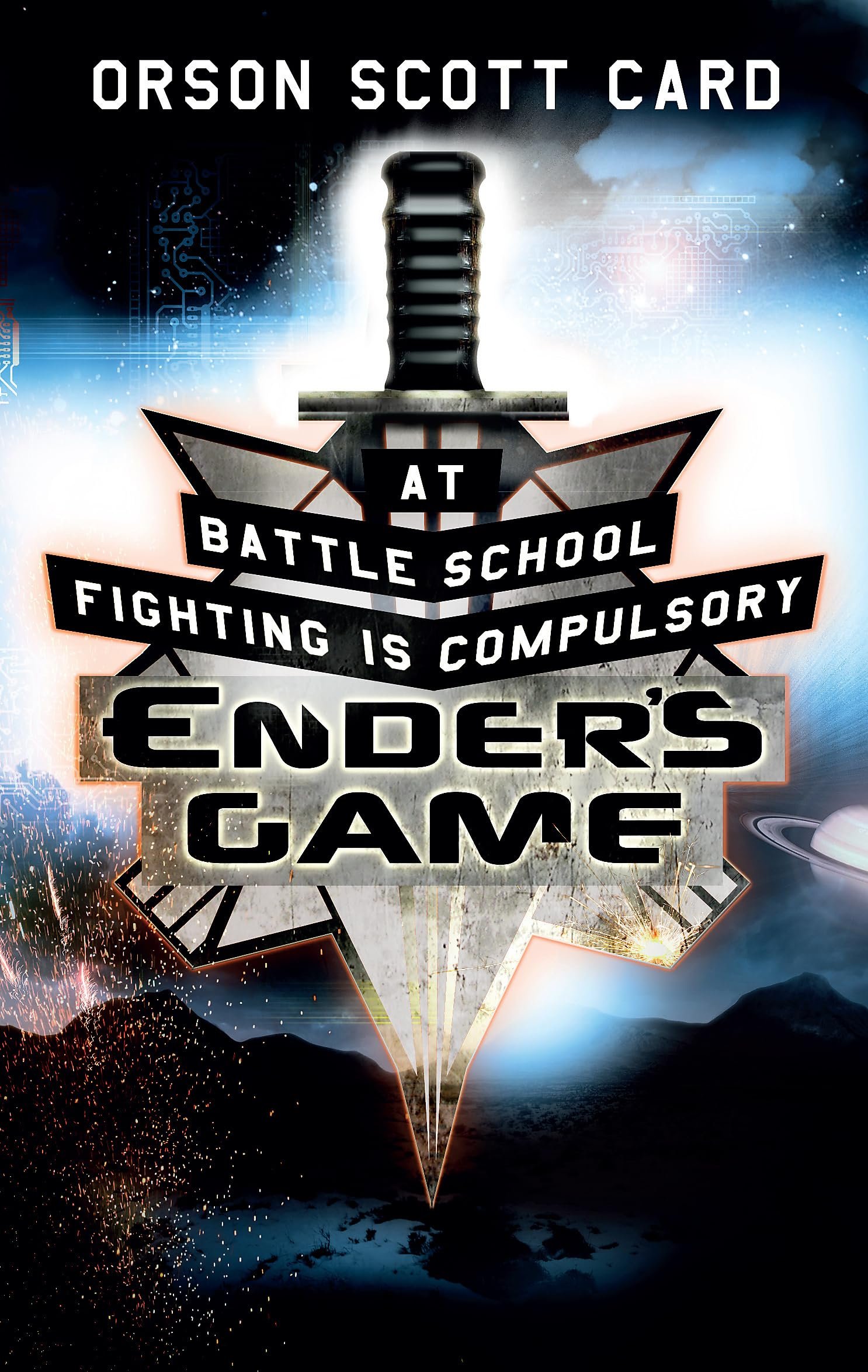In the vast realm of science fiction literature, few works have captured the imagination and stirred passionate debates like “Ender’s Game” by Orson Scott Card. This iconic novel weaves a gripping narrative, blending futuristic technology, military strategy, and the extraordinary mind of a young boy. As we delve into the world of Ender Wiggin, we discover a story that not only explores the potential of human genius but also raises questions about the nature of power, the cost of warfare, and the complexities of childhood.
Unravelling the Plot
Set in the distant future, Earth faces a relentless threat from an alien species known as the “buggers.” To combat this menace, the International Fleet seeks to groom a military genius capable of leading humanity to victory. Enter Andrew “Ender” Wiggin, a six-year-old boy selected for his exceptional intellect and innate strategic abilities. Little does he know that the virtual war games he plays are a training ground for a real-life battle that will shape the fate of humanity.
The Enigma of Ender Wiggin
Ender Wiggin, our young protagonist, emerges as a complex and enigmatic character. His intelligence is matched only by his emotional vulnerability. As we follow his journey from a bullied outcast to a brilliant military commander, we witness the challenges he faces in a world that demands the sacrifice of childhood innocence for the greater good. Ender’s struggles resonate with readers, inviting us to ponder the ethical dilemmas of grooming a child for war.
Sibling Dynamics: Peter and Valentine
While Ender takes center stage, his two older siblings, Peter and Valentine, play crucial roles in the narrative. Peter embodies ruthless ambition, seeking power and control through political means, while Valentine represents empathy and persuasion, using her writing talents to influence opinions. Their jealousy towards Ender and their unique abilities bring an intriguing dynamic to the story, reflecting the multifaceted nature of human personalities and motivations.
Exploring Controversial Themes
“Ender’s Game” is not without its controversies. Some critics argue that the novel presents an unsettling portrayal of children being used as pawns in a war, forcing readers to grapple with the moral implications of such actions. Additionally, the author himself has sparked heated debates due to his personal beliefs, making it a point of contention for readers and reviewers alike.
The Impact of Ender’s Game on Science Fiction
Published in 1985, “Ender’s Game” has had a lasting impact on the science fiction genre. Its exploration of virtual reality, military strategy, and child prodigies inspired a new wave of speculative fiction, leading to numerous imitations and adaptations. The novel’s influence can be seen in modern pop culture, including movies, video games, and television shows, attesting to its enduring legacy.
The Divide Among Readers: A Love-Hate Relationship
Like any polarizing masterpiece, “Ender’s Game” elicits a wide range of reactions from readers. For some, the intricate plot and thought-provoking themes make it an absolute favorite, deserving of its status as a science fiction classic. On the other hand, detractors criticize its pacing, repetitive elements, and treatment of certain characters. The book’s divided reception adds to its mystique and ensures that it remains a topic of discussion among literary enthusiasts.
The Battle of the Film Adaptation
As with many beloved novels, “Ender’s Game” received a film adaptation, further amplifying its popularity. However, this venture was met with mixed reviews, with some praising the visual effects and faithful adaptation, while others felt that it failed to capture the emotional depth and complexity of the source material. The film’s reception only fueled the ongoing debate about whether books are truly better than their cinematic counterparts.
Conclusion: A Thought-Provoking Journey
“Ender’s Game” continues to be a compelling and thought-provoking journey for readers, pushing the boundaries of what science fiction can achieve. As we follow Ender Wiggin’s growth and evolution, we find ourselves grappling with profound questions about the human condition, morality, and the consequences of our actions. Orson Scott Card’s masterful storytelling invites us to examine the delicate balance between brilliance and vulnerability, power and compassion.
While controversies surrounding the author may persist, “Ender’s Game” remains an essential read for science fiction enthusiasts and those intrigued by the intricacies of the human mind. Its timeless themes and unforgettable characters ensure that this remarkable novel will continue to captivate and challenge readers for generations to come.

